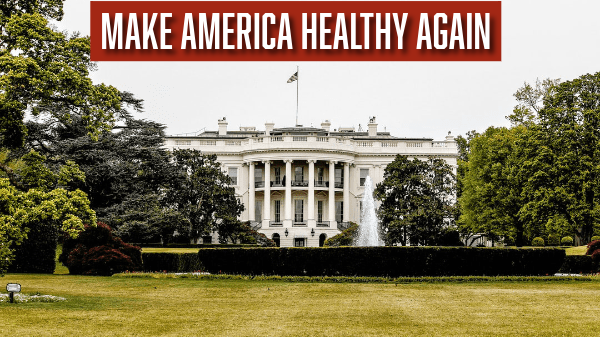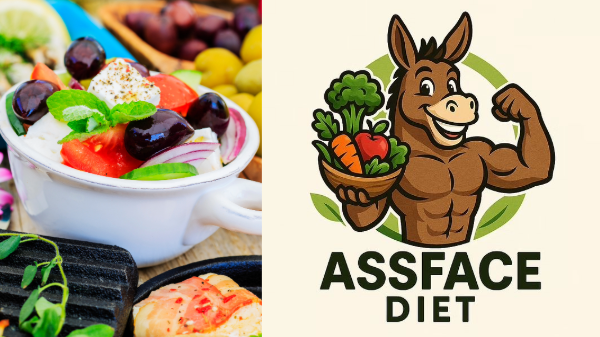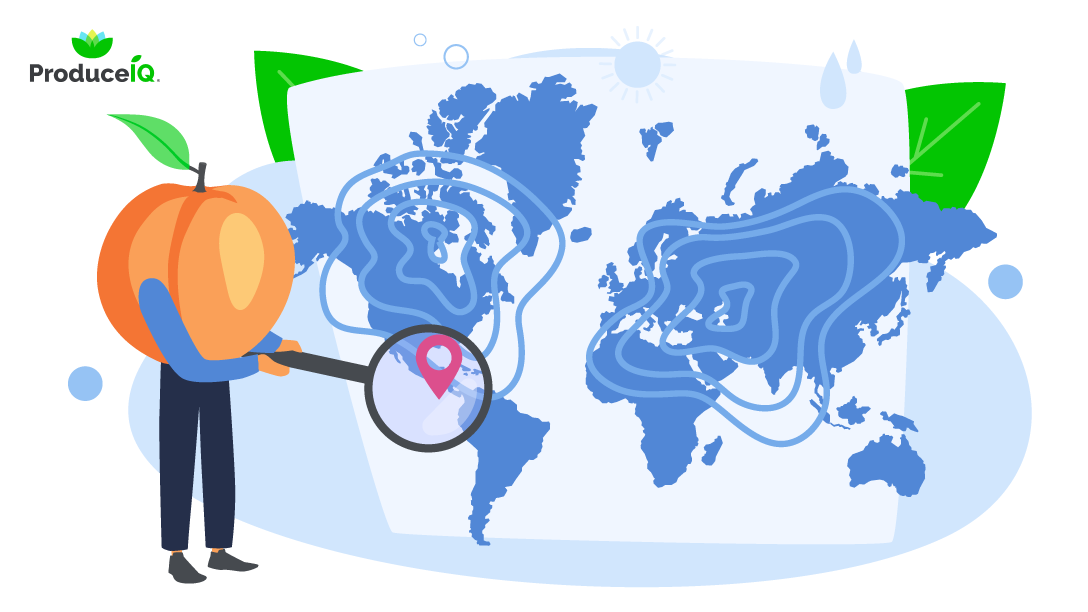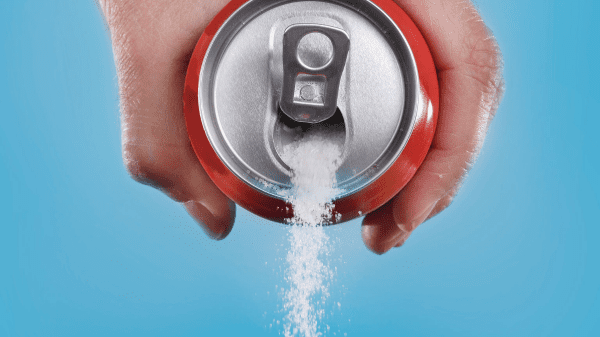Welcome to Blue Book!
Are you ready to join the thousands of companies who rely on Blue Book to drive smarter decisions? View our plans and get started today!
Still have questions? We’d love to show you what Blue Book can do for you. Drop us a line– we’ve been waiting for you.

When the Trump administration released its Make America Healthy Again (MAHA) Commission report last week, there were several positive aspects for the fresh produce industry.
But there were also signs of trouble.
On May 29, the International Fresh Produce Association (IFPA) BB #:378962 scheduled a town hall for members to review the report and discuss the potential ramifications on produce businesses.
In an exclusive interview with Blue Book, two of IFPA’s presenters laid out some of IFPA’s planned response.
The MAHA Commission said it plans to evaluate feedback this summer and issue a second report in August with more specific policy recommendations.
“This report seeks feedback, so we’ll do that,” said Mollie Van Lieu, vice president, nutrition & health for IFPA.
“We want to make sure we’re being treated fairly and consistently when looking at food production,” said Rebeckah Adcock, vice president, U.S. government relations. “It’s important we remind the commission that they need to listen and not just rely on instincts.”
Both said IFPA stands by its March recommendations to the MAHA Commission, which includes embedding produce prescriptions as covered benefits in the health system and expanding produce purchases in government food programs.
Van Lieu said produce prescriptions and food as medicine could be a big part of policy changes, and that would be a major opportunity for the produce industry. But there remains much to overcome.
She said officially, the federal government does not consider food as medicine, as there are no billing codes for food to be reimbursed.
“They could make huge progress if food becomes reimbursable, and it would be based on the spirit of what they want to do,” Van Lieu said. “Produce prescriptions have evidence of ‘improved diet’ and it gives accountability and resources.”
Changing the government food system to a healthier one will require emphasis and funding increases for some foods and decreases for others.
Some states now are being approved for programs that restrict certain foods from SNAP, such as sugar beverages and candy.
Van Lieu said that approach could work, but it’s a negative one.
“Joy of Fresh is the opposite of that government approach of negativity,” she said, referring to IFPA’s slogan. “To eat more produce, you have to eat less of everything else. There’s a role to be more positive.”
Adcock said HHS Secretary Robert F. Kennedy Jr. mentioned food as medicine in his report presentation, but he gave no specifics.
She said both Kennedy and Mehmet Oz, the administrator of the Centers for Medicare & Medicaid Services, which could oversee produce prescription programs, have been invited to speak at IFPA’s June policy conference, but neither has accepted yet.
Van Lieu said the release of the report has her optimistic about improving Americans’ health through a better diet and better produce consumption, but it will take strong political will to change decades of food policy.
Adcock said the report reinforces fruits and vegetables as a solution to America’s food crisis.
“We are optimistic with or without the report,” she said.








